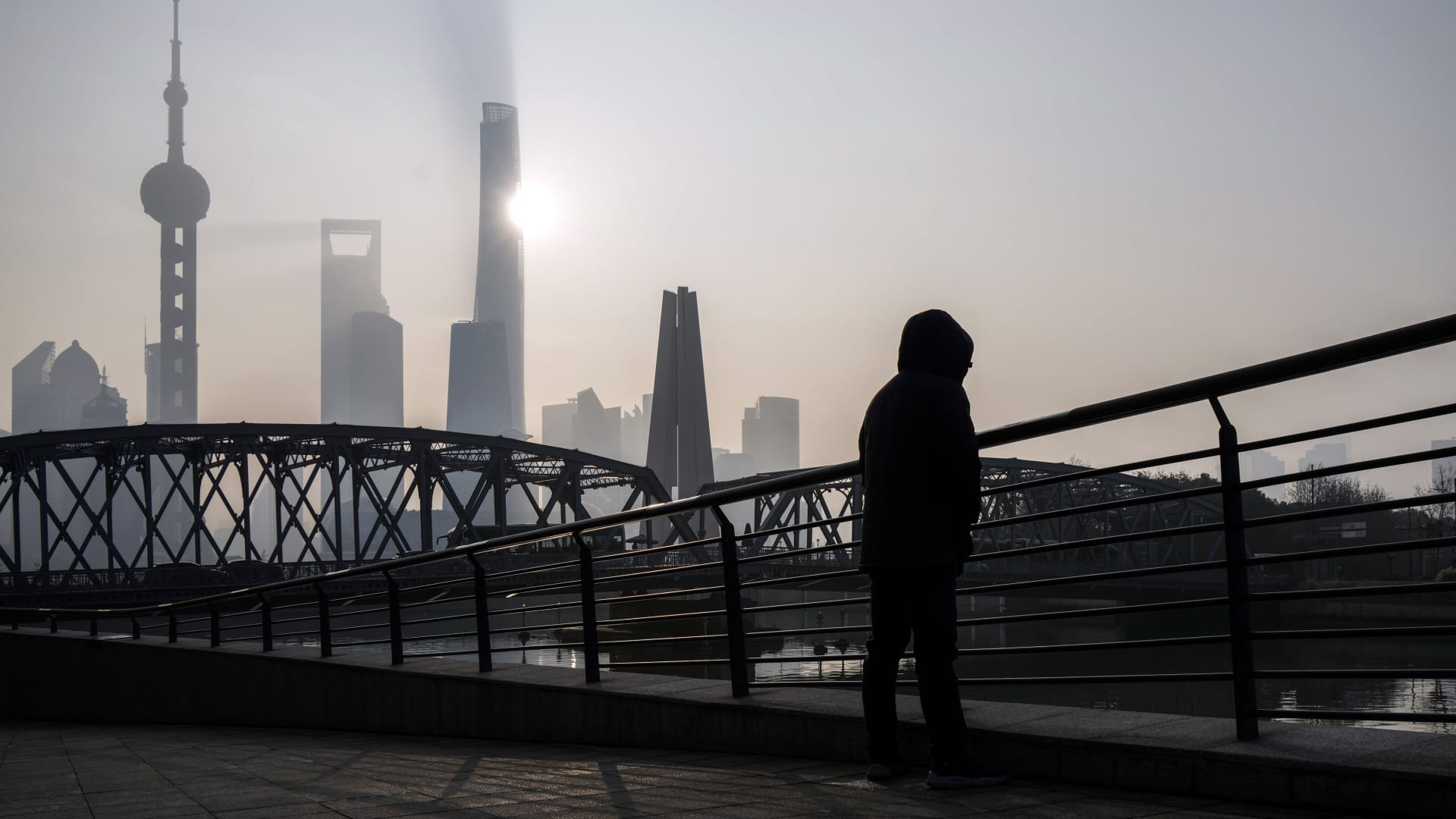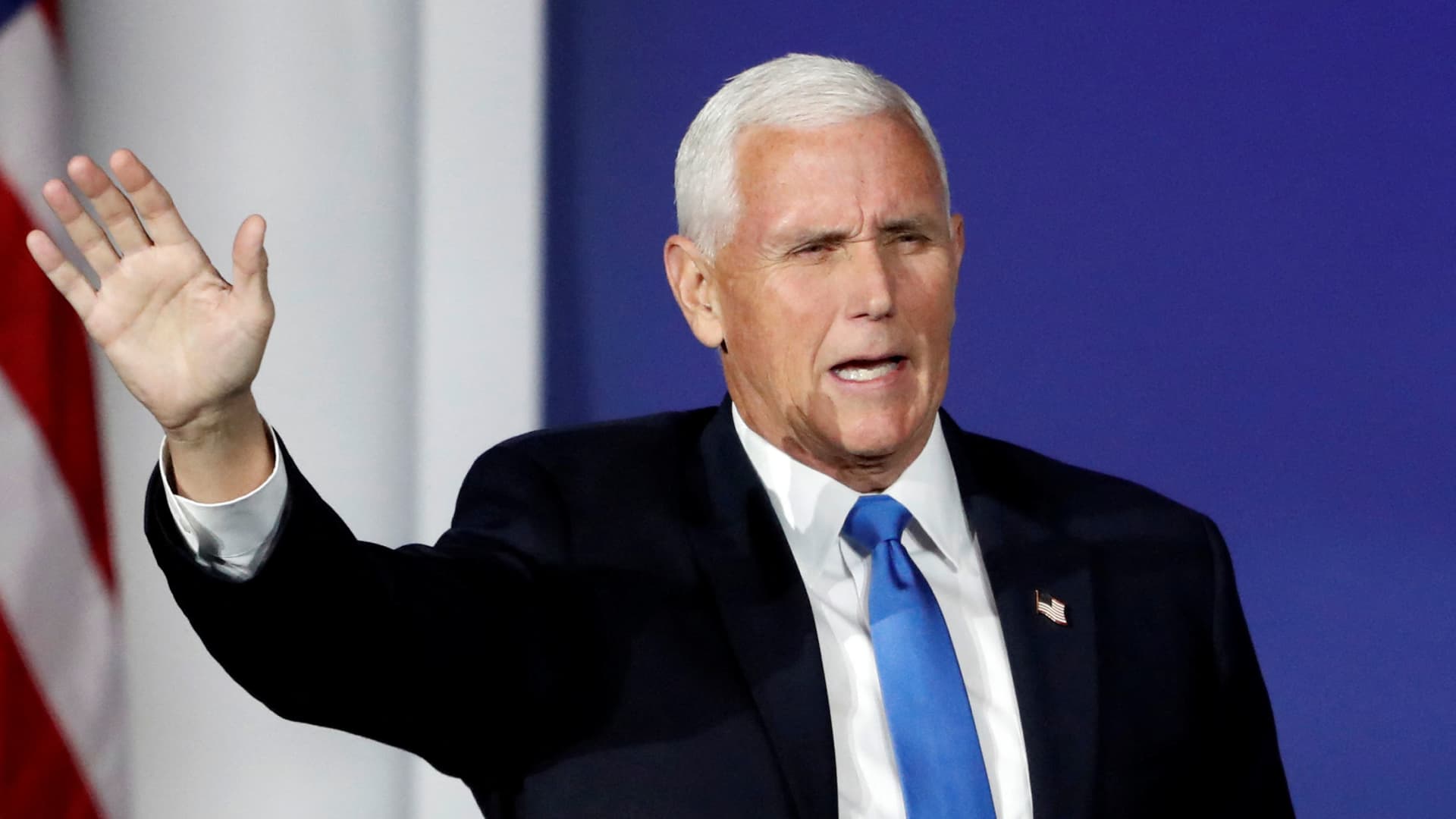Residential buildings under construction of the Phoenix Palace project, developed by Country Garden Holdings Co., in Heyuan, Guangdong Province, China in September 2023.
Bloomberg | Bloomberg | Getty Images
BEIJING – China’s state-run economy could be setting the stage for a new wave of bond defaults that could occur as early as next year, according to a report from S&P Global Ratings released Tuesday.
It would be the third round of corporate defaults in about a decade, the rating agency emphasized.
This comes amid extremely low defaults in China and concerns about overall growth in the world’s second-largest economy.
“Policymakers really need to pay attention to whether current policies are creating distorted incentives in the economy,” Charles Chang, Greater China country head at S&P Global Ratings, said in a telephone interview on Wednesday.
Data from S&P showed China’s corporate bond default rate fell to 0.2% in 2023, the lowest in at least eight years and well below the global rate of about 2.6%.
“In some ways, this is not a good sign because we view this divergence as something that is not the result of how markets work,” Chang said. “We have seen instructions or guidance from the government over the past year to prevent defaults in the bond market.”
“The question is: When will the guidelines to avoid defaults in the bond market be implemented? [ends]“What’s happening to the bond market?” he said, noting that’s something to watch out for next year.
Chinese authorities have stressed the need to prevent financial risks in recent years.
But heavy-handed approach to addressing problems, particularly in the real estate sector, can have unintended consequences.
The real estate market slumped after Beijing cracked down on developers’ heavy reliance on debt over the past three years. The once huge sector has taken a toll on the economy, while the real estate sector shows little sign of a turnaround.
According to S&P, real estate led the most recent wave of bankruptcies between 2020 and 2024. Previously, their analysis showed that industrial and natural resources companies led defaults in 2015 to 2019.
“The bigger question for the government is whether the real estate market and property prices can stabilize,” Chang said. “This can potentially mitigate some of the negative wealth effects we have been seeing since the middle of last year.”
Much of China’s household wealth consists of real estate rather than other financial assets such as stocks.
Concerns about economic growth
S&P noted that bond defaults fell in most sectors last year, except for technology services, consumer and retail sectors.
“This points to possible vulnerabilities to the current slowing growth,” Chang said.
China’s economy grew 5.2% last year, and Beijing has set a GDP growth target of around 5% for 2024. Analysts’ forecasts are generally close to or below, with further double-digit slowdowns expected in the coming years, compared to the growth of previous decades.
China’s high levels of public, private and hidden debt have long raised concerns about the potential for systemic financial risks.
However, China’s debt problems are not as pressing as the need for Beijing to address real estate problems as part of a broader “comprehensive strategy,” Vitor Gaspar, director of the International Monetary Fund’s finance department, said at a news conference last week.
He said other aspects of the strategy include China’s focus on innovation and productivity growth, as well as the need to strengthen social safety nets so households are more willing to spend.
It remains to be seen whether other sectors can offset the economic drag from real estate and boost overall growth.
UBS on Tuesday upgraded MSCI China shares to overweight as corporate earnings performance improved and was unaffected by real estate market trends.
“The largest stocks in the China index generally perform well in terms of earnings and fundamentals. So the underperformance in China is entirely due to the valuation collapse,” said Sunil Tirumalai, chief GEM equity strategist at UBS, in a note. “What makes us more positive about profits now are the first signs of a revival in consumption.”
The bank also upgraded its outlook for Hong Kong stocks.
Tirumalai pointed out why UBS has changed its mind on valuations in China, citing a “growing trend of Chinese companies delivering positive dividend/buyback surprises.”
“This increased visibility into shareholder returns can be useful as global markets become more concerned about geopolitics, and in scenarios where things are heading higher over the longer term. We would keep an eye on the next stage of market reforms,” he added.
Source link
2024-04-24 08:09:19
www.cnbc.com
















